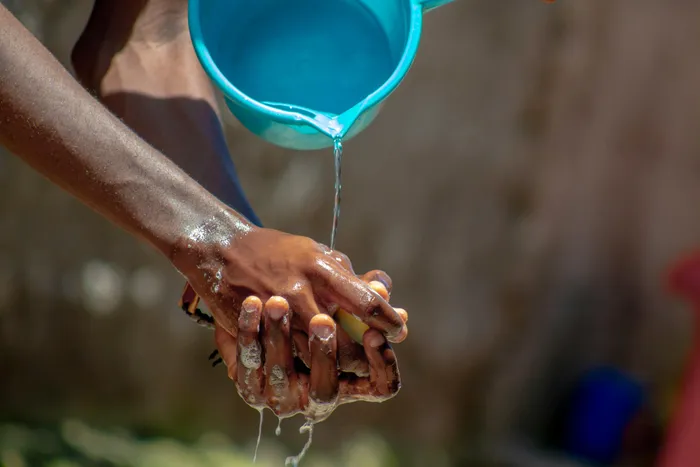Beat the flu before it beats you: handwashing is your first line of defence
HEALTH TIPS

The beauty of hand hygiene lies in its simplicity and cost-effectiveness.
Image: Israël Umba/pexels
As the winter chill settles across South Africa, so too does the annual rise in sniffles, sneezes, and serious illnesses like influenza and respiratory infections. But this year, the flu season arrived earlier than expected, catching many families and workplaces off guard.
According to the National Institute for Communicable Diseases (NICD), the 2025 flu season began in late March, the earliest onset since 2010.
If you thought you had more time to prepare, you’re not alone. Data from the NICD’s pneumonia surveillance programme highlights that influenza A(H3N2) is the dominant strain this year, accounting for nearly 70% of laboratory-confirmed cases.
This is more than just a statistic; it’s a wake-up call for South Africans to double down on prevention, especially when it comes to one of the simplest, yet most effective, barriers against infection: handwashing.
Why is handwashing so important during flu season?
The science is clear: respiratory viruses like colds and the flu spread easily through droplets when we cough, sneeze, or even talk. Touching contaminated surfaces and then touching our faces, something we all do countless times a day, makes us vulnerable.
That’s why the World Health Organisation (WHO) continues to emphasise that proper hand hygiene is one of the most effective ways to prevent the spread of infection, both in hospitals and in our everyday spaces. But why does hand hygiene matter so much, especially now?
Protecting the vulnerable
Not everyone has the same level of immunity. Elderly people, young children, and those living with chronic illnesses like asthma, diabetes, or HIV are at higher risk of severe flu complications.
Your commitment to handwashing protects not just yourself, but also your loved ones and the broader community.

This is more than just a statistic; it’s a wake-up call for South Africans to double down on prevention, especially when it comes to one of the simplest, yet most effective, barriers against infection: handwashing
Image: Andrea Piacquadio /pexels
Breaking the chain of transmission
Handwashing interrupts the journey that germs take from surfaces to mouths, noses, and eyes. A simple 20-second wash with soap and water removes most viruses and bacteria.
“Hand hygiene is a fundamental practice that significantly reduces the burden of infectious diseases.
"As we enter the winter season, reinforcing the habit of regular handwashing can lead to substantial public health benefits. (CDC), Flu viruses can survive on hard surfaces for up to 24 hours, which means touching a contaminated surface and then touching your face can easily introduce germs into your body," said Ingrid Singels, marketing manager for Pharma Dynamics’ Scientific Division.
We touch our faces more often. Studies show that people touch their faces an average of 23 times per hour, often without noticing.
Our hands, covered in germs picked up from everyday objects, can transfer viruses directly to our eyes, nose, and mouth, the main entry points for flu viruses.
Hand hygiene supports overall family wellness.
Flu season can feel like a never-ending cycle of sniffles, coughs, and missed school or workdays. Good hand hygiene doesn’t just stop flu viruses; it also helps prevent other infections like the common cold, stomach bugs, and respiratory illnesses.
It’s an easy, cost-effective way to prevent illness
One of the best things about hand hygiene? It’s simple, convenient, and doesn’t cost much. Soap and water are widely available, and even when you’re on the go, hand sanitiser with at least 60% alcohol is a handy backup.
Investing a few extra moments in handwashing can save your family from doctor visits, medications, and lost productivity. It’s a small effort with a big payoff, especially during the flu season when germs are at their peak.
